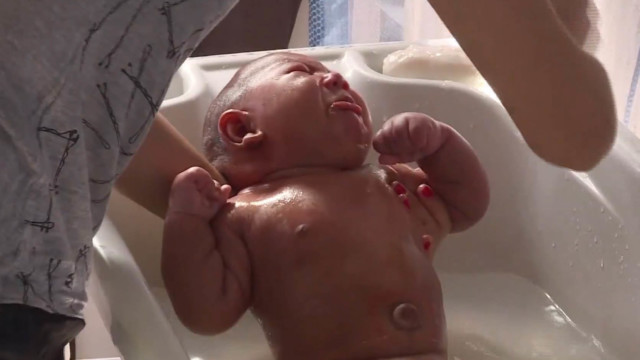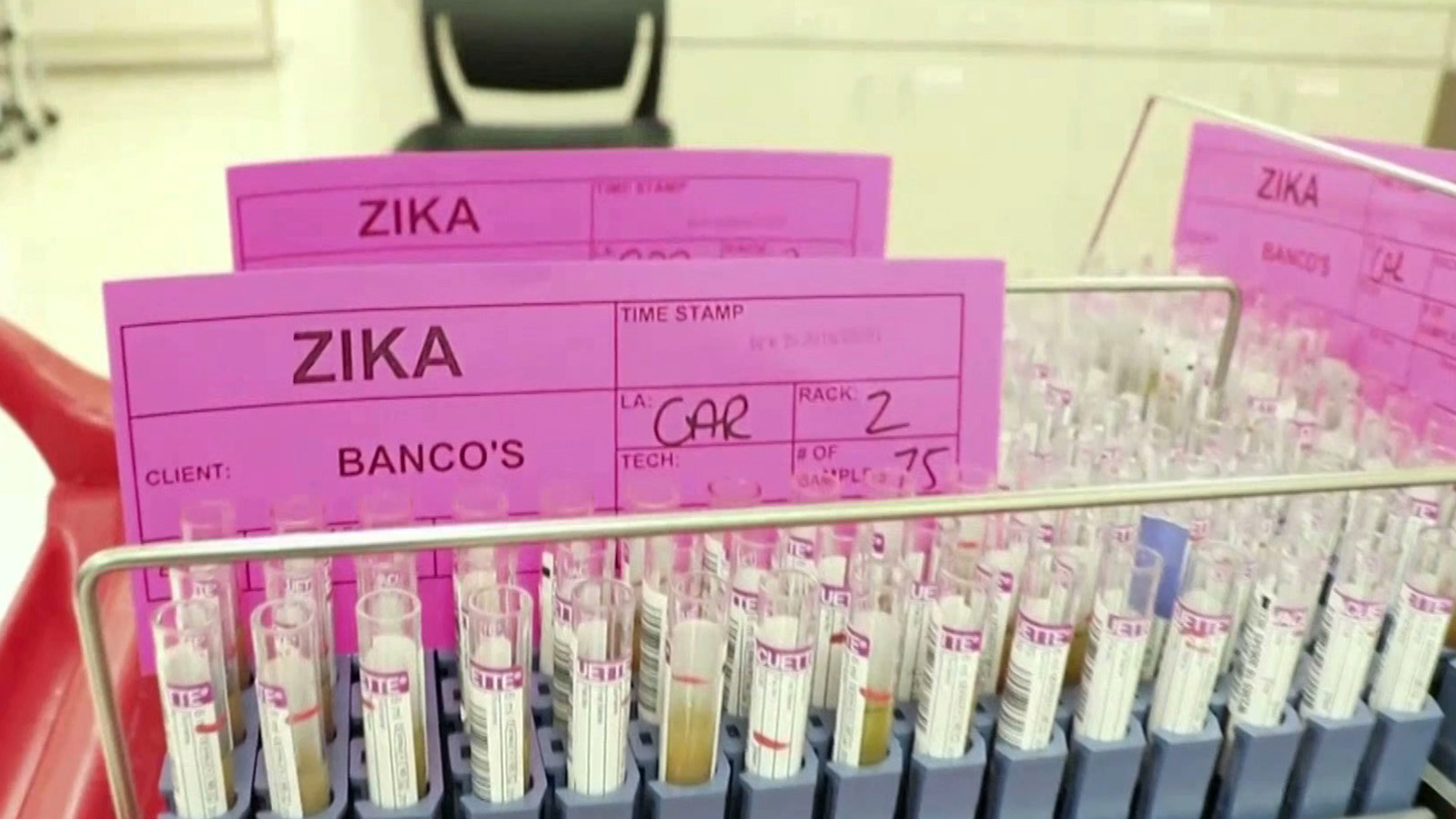Puerto Rico is being called “ground zero” for Zika.
On Friday, the U.S. territory announced it has logged more than 5,500 Zika infections. Of those cases, 672 were pregnant women.
CCTV America’s Jessica Stone traveled to Puerto Rico for Insight into how authorities are trying to contain the spread.

For hundreds of pregnant women across Puerto Rico, a joyful rite of passage is also a scary one.
In Brazil, Zika has been linked to more than 1,700 cases of microcephaly, a neurological defect causing abnormally small brains in infants.
The new rules under Puerto Rico’s Zika state of emergency have sidelined around 2,000 private pest control operators like Paco San Miguel.
They now have to apply for additional government permits to fumigate and too few are getting issued. Paco said he applied for a permit in March, but still doesn’t have one.
Puerto Rico isn’t just fighting mosquitoes and bureaucratic red tape. It’s fighting fear of pesticides. But there’s different problem. Nobody’s afraid of mosquitoes.
With more than 5,000 Zika cases confirmed in Puerto Rico, Dr. Zorilla said complacency is still her biggest challenge.
Puerto Rico is under siege on many fronts. The island just defaulted on its debts, while its health department budget has been slashed by 25 percent in four years. An average of one doctor a day leaves the island.
The debt crisis also means fewer workers disposing of used tires that make ideal incubators for mosquito larvae.
Since December, the government of Puerto Rico has collected 1.5 discarded tires, but 18,000 are thrown away each day. Each one can collect water inside, becoming a breeding ground for mosquitoes
The Island is now testing traps like this one-designed to keep mosquito eggs from ever hatching.
But with no Zika vaccine and erratic mosquito control – Puerto Rico’s expectant moms know they face a threat that they can’t escape.
WHO scientists call for Olympics to be moved from Rio
More than 2,000 miles away from Puerto Rico, is Brazil. It has also been grappling with the Zika virus, even in the lead-up to the Olympic Games.
CCTV’s Lucrecia Franco looks back to when many were calling for the Games to be bumped out of Brazil.

Rio de Janeiro, Brazil’s most iconic city is almost 100 percent ready to welcome some 10,000 athletes and around half a million tourists for the Rio 2016 summer Olympics in August, but there is Zika.
Since the mosquito-borne virus outbreak was detected in October last year, Brazil’s Health Ministry more than 1,300 babies have been born with abnormally small heads that a condition doctors call microcephaly after their mothers were infected with the virus.
In an open letter to the World Health Organization, 150 prominent health experts from over two dozen countries called for the Rio Games to be delayed or relocated- not canceled- in the “name of public health.”
WHO’s response to the concern about the timing of the Olympic Games in Rio de Janeiro is that based on a very careful risk assessment and all the information they have gathered so far about the disease , these games should go ahead as planned and people should continue to make sure they are as safe as possible.
WHO Director-General Margaret Chan on how the Zika could impact the Rio Olympics
A handful of athletes decided to skip the Olympic Games.
The head of the World Health Organization Dr. Margaret Chan has been closely following developments in Brazil.
And, her organization has been helping authorities there come up with an action plan. CCTV Special Contributor James Chau spoke to her about how the Zika could impact Rio Olympics.
 CGTN America
CGTN America


